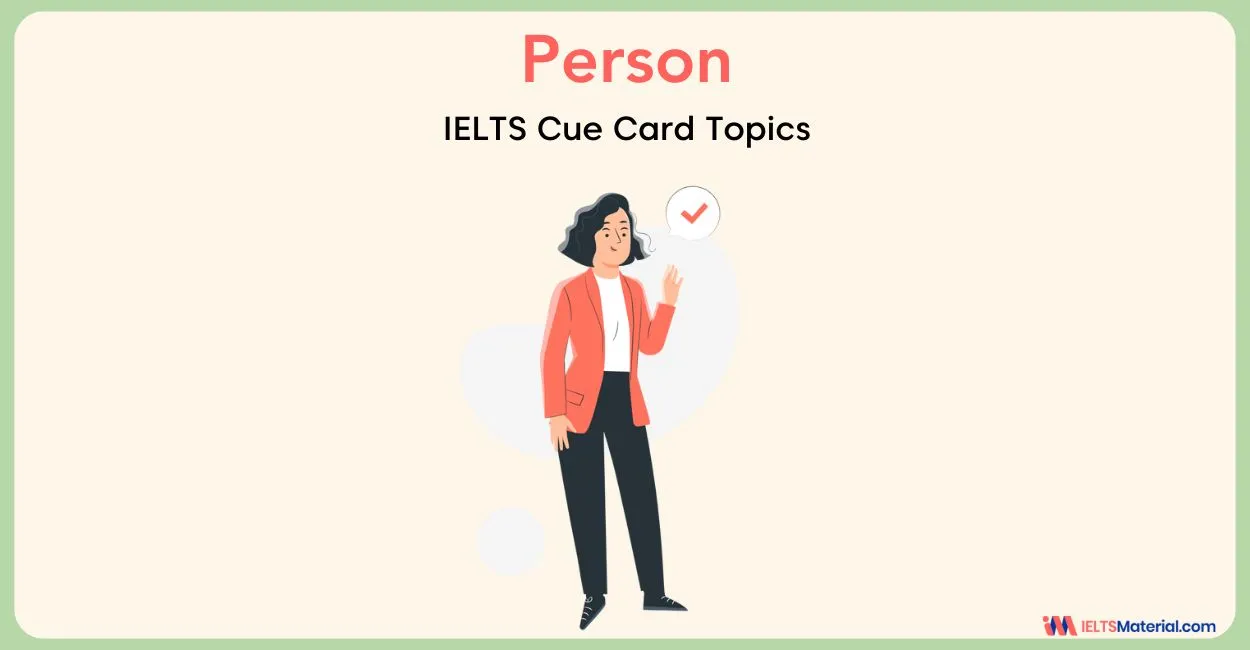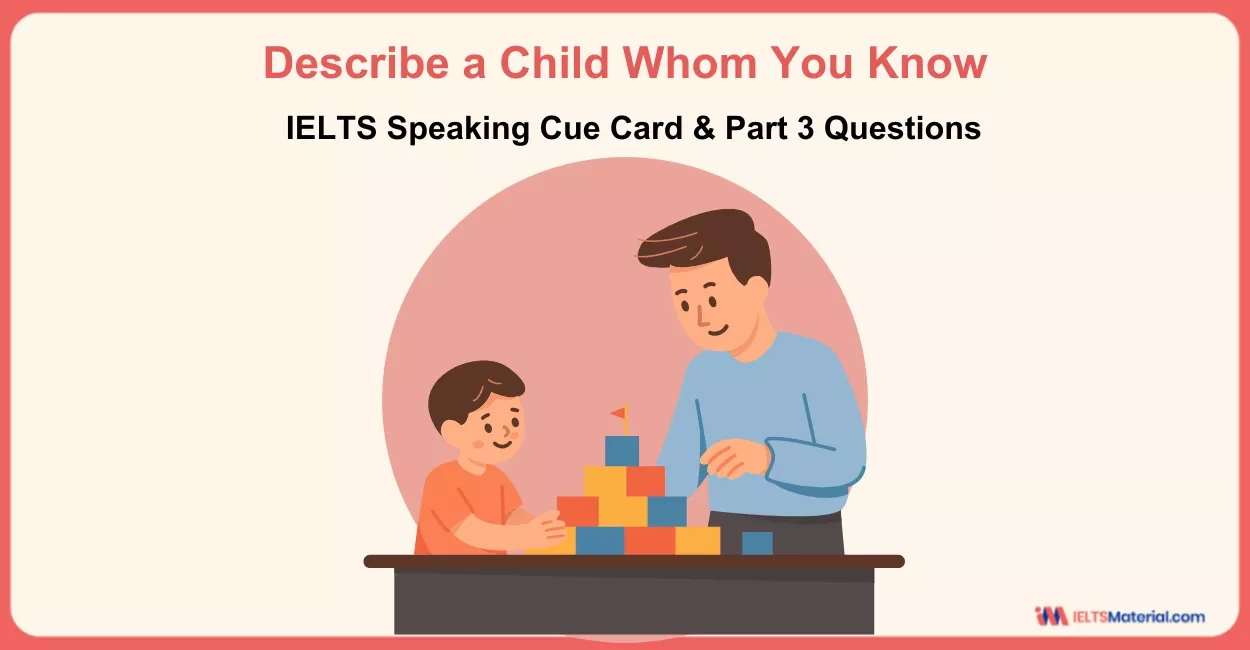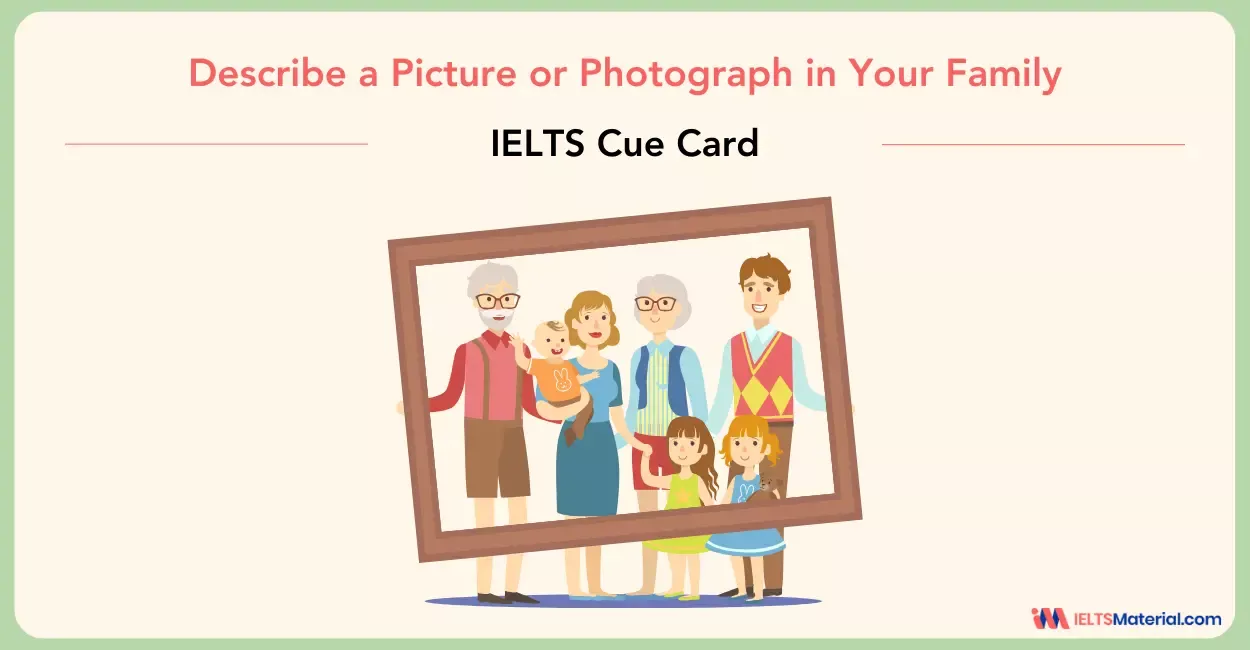Describe a Language Other than English that you Would Like to Learn IELTS Cue Card
Struggling with IELTS Speaking Part 2? Master the "Describe a Language Other Than English That You Would Like to Learn" IELTS Cue Card with expert tips, structured answers, and sample responses to boost your fluency and confidence!
Table of Contents
- Describe a Language Other than English that you Would Like to Learn
- Describe a Language Other than English that you Would Like to Learn Sample Answer 1
- Describe a Language Other than English that you Would Like to Learn Sample Answer 2
- Describe a Language Other than English that you Would Like to Learn Sample Answer 3
- Describe a Language Other than English that you Would Like to Learn Vocabulary

Limited-Time Offer : Access a FREE 10-Day IELTS Study Plan!
This article provides sample answers for the "Describe a Language other than English that you would like to Learn" IELTS Cue Card. In the IELTS Speaking Part 2, you’ll have exactly one minute to prepare and speak on a specific topic. Reviewing sample answers can help you improve your ability to communicate clearly and effectively in the IELTS Speaking Test.
Before you dive in, enhance your IELTS Speaking skills and fluency with the expert guide below!
Describe a Language Other than English that you Would Like to Learn
You should say:
- What the language is?
- Where it is spoken?
- What do you think would it be difficult?
- And what would be easy about learning the language and explain why you would like to learn it.
Have a look at the IELTS cue card samples below. When preparing for any of the latest IELTS Speaking cue card topics with sample answers, focus on note-taking of key vocabulary and points, not whole sentences.
Describe a Language Other than English that you Would Like to Learn Sample Answer 1
Since I cleared high school, I have been feeling this tingling necessity of learning a new language. After all, apart from just helping you groom your personality, it also assists you to sail a tad bit easier in this diversified, competitive world. So, out of curiosity, I would like to learn the Arabic language as I wish to settle down in an Arab nation in the coming future. Taking a non-traditional path, I believe Arabic is one such language that is spoken by millions of people in the middle east and the Arab world. Additionally, it is also a significant language in the African continent.
However, as intriguing as it may sound, learning Arabic is not a piece of cake, primarily for me because I was never accustomed to this language before. Arabic is more of a pronunciation-based language than the alphabet, making it more challenging to grasp. If you fail at pronouncing the words adequately, you end up communicating a completely different sentence than what you had in your conscious. Moreover, a lot of people refrain from using vowels when writing Arabic, making it way more arduous for those who don’t come from this background.
Nevertheless, I would still like to learn Arabic fluently as I think it will help me communicate well with the locals whenever I shift to the Arabic nation. This will also help me understand their traditions and culture well.
Get expert tips and guidance from IELTS professionals to overcome your speaking fears. Join Us in Our Free Webinars!
Describe a Language Other than English that you Would Like to Learn Sample Answer 2
Click on the audio to listen to the sample answer above. Pay attention to the intonation and pronunciation of the words
Unlock Audio
Signup/Login and get access to the audio
Learning a second language not only adds up your skills but also offers enormous benefits for your brain and personal growth. Additionally, being bilingual or multilingual expands your knowledge across the country’s border and provides you with easy access to understand other cultures. Therefore, besides English, Spanish sits high on my must-learn list due to its wide application and beautiful culture.
Needless to say, Spanish is one of the most spoken languages in the world and one of the six official languages used in United Nations conferences and statements. Spanish is spoken in most countries in South and Central America, and in the US. Over 50 million people use Spanish either as their mother tongue or second language. As a result, knowing Spanish would absolutely widen your horizon, develop your sense of appreciation for Hispanic culture as well as transform your travel experience as who knows when you would bump into some Spanish friends on your adventure. Many have said that Spanish is one of the easiest languages to learn thanks to its phonetic pronunciation and its similarity with English, in terms of vocabulary. However, it’s easier said than done. No matter how simple and intriguing that may sound, without full commitment and self-discipline, being able to speak Spanish would be a far-fetched idea. Therefore, in order to meet my goal and not get demotivated along the way, I would have to find a learning partner, and we would fight this tough battle together.
Enroll in IELTS Online Classes to boost your IELTS Speaking Skills!
Describe a Language Other than English that you Would Like to Learn Sample Answer 3
One language I would love to learn is French. It is a widely spoken language, not just in France, but also in Canada, Belgium, Switzerland, and several African countries.
I believe learning French could be challenging because of its complex grammar rules, gendered nouns, and pronunciation, which are quite different from English. However, I think the vocabulary might be easier to pick up since many French words are similar to English, thanks to shared Latin roots.
I want to learn French because it is a global language of diplomacy, culture, and business. Additionally, being fluent in French would help me travel more confidently, explore French literature and films, and even improve career opportunities in international fields.
Describe a Language Other than English that you Would Like to Learn Vocabulary
Here are the IELTS Vocabulary for “describe a language other than English that you would like to learn” with examples:
- Mother tongue (n): the language that you first learn to speak when you are a child
Eg: She speaks in her mother tongue which is Hindi. - Appreciation (n): pleasure that you have when you recognize and enjoy the good qualities of somebody/something
Eg: The Principal expressed his appreciation to the final year students. - In terms of: used to show what aspect of a subject you are talking about or how you are thinking about it
Eg: The institute is very good in terms of placements and World-class education - Commitment (n): the willingness to work hard and give your energy and time to a job or an activity
Eg: John’s commitment to his work is appreciable. - Self-discipline (n): the ability to make yourself do something, especially something difficult or unpleasant
Eg: The school encourages self-discipline in all the students by setting rules and regulations. - Far-fetched (a): very difficult to believe
Eg: The whole story told by the criminal seems to be far-fetched. - Demotivated (a): feeling that it is not worth making an effort
Eg: Mary felt demotivated when her parents didn’t support her
Get better at speaking with our highly-rated ebook! Buy Now!
Overall, describing a language other than English that you would like to learn in the IELTS Speaking test for speaking part 2 helps you showcase expressive vocabulary, improve fluency, and structure your response effectively. Adding personal experiences enhances coherence, making your answer more engaging and helping you impress the examiner to achieve an IELTS Band Score of 8+.
Related Cue Cards:
Here are some related cue cards that you can practice to improve your score:
- Describe an event when someone denied your request
- Describe an outdoor sport you played for the first time
- Describe a party you attended before
- Describe a music concert you have seen
Important Links:
Check out the following important links while preparing for the IELTS Speaking test:
- IELTS Speaking Criteria: What IELTS Examiners Look for in the Speaking Test?
- Recent IELTS Topics in IELTS Speaking Tests 2025
- How to Use Idioms in IELTS Speaking for a Higher Score?
- Linking words for IELTS Speaking Section
- The Best Phrases to Use in IELTS Speaking
- Recent IELTS Speaking Topics Part 2 & 3 with Model Answers

Start Preparing for IELTS: Get Your 10-Day Study Plan Today!
Explore other Cue Cards


Recent Articles

Haniya Yashfeen

Kasturika Samanta

Nehasri Ravishenbagam







Post your Comments